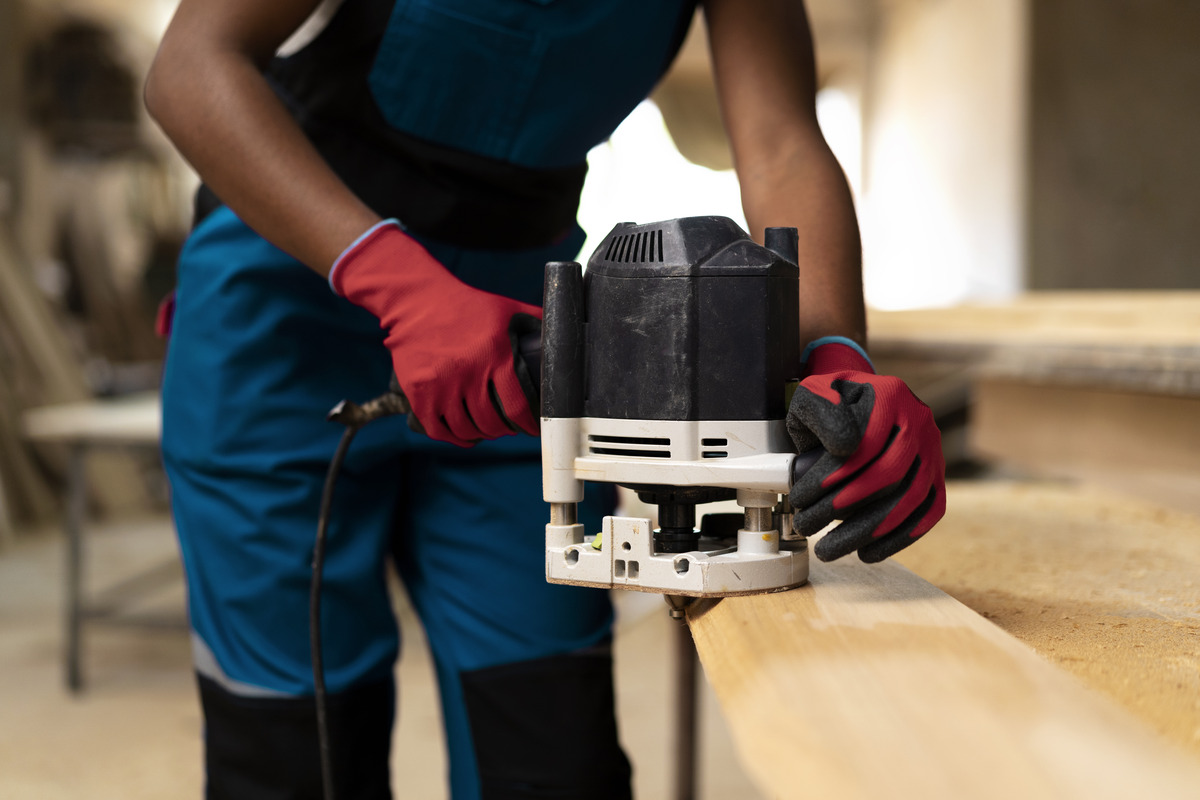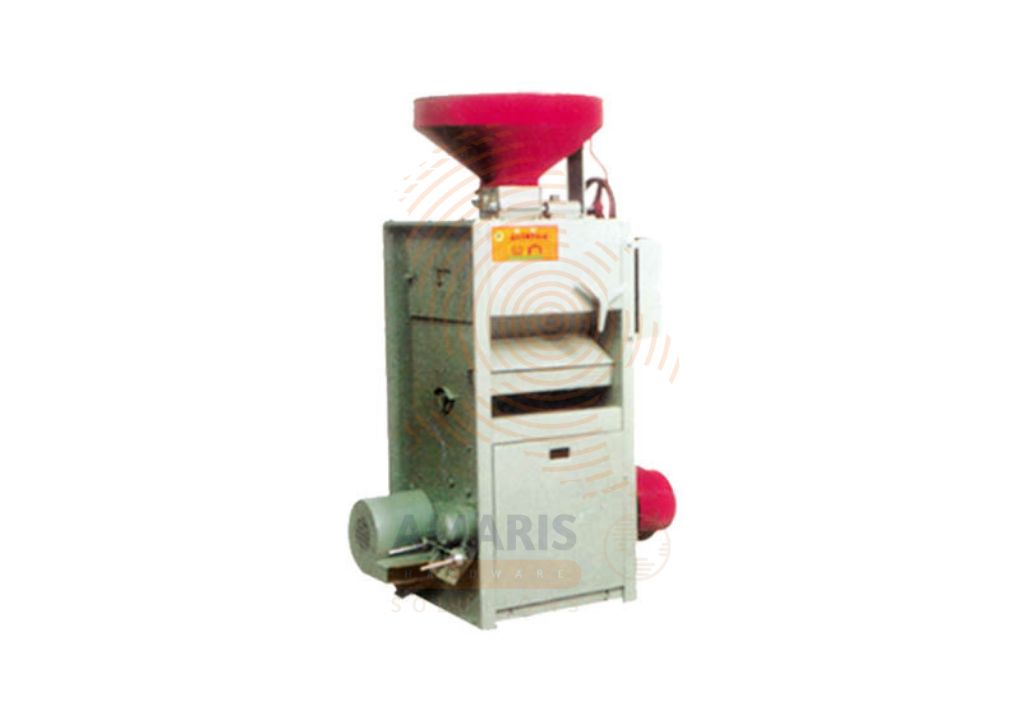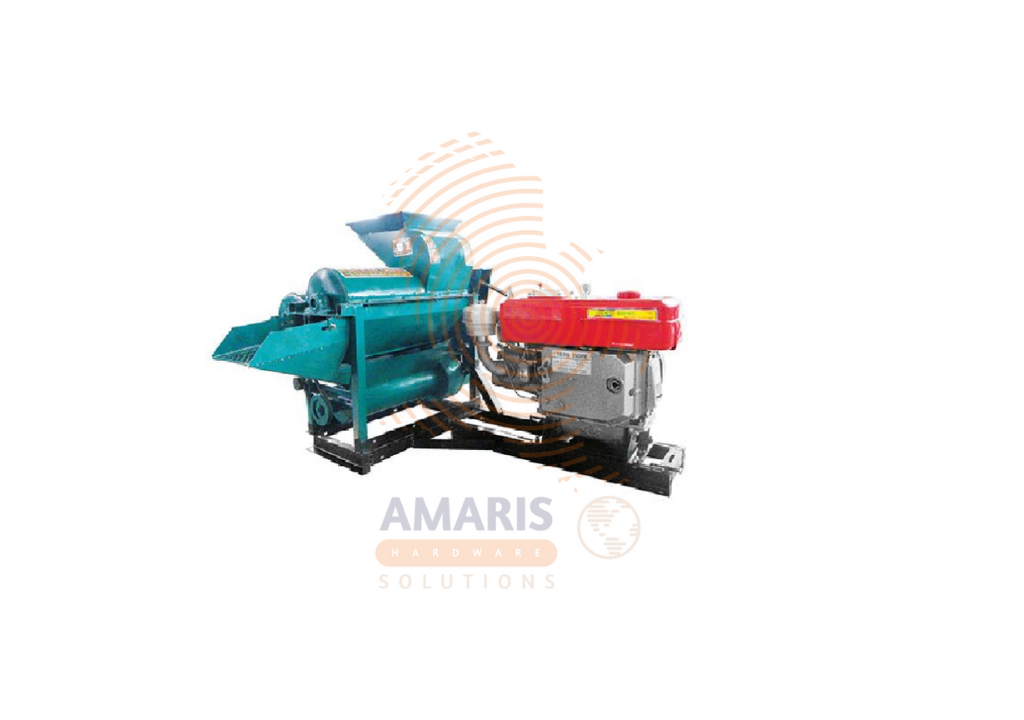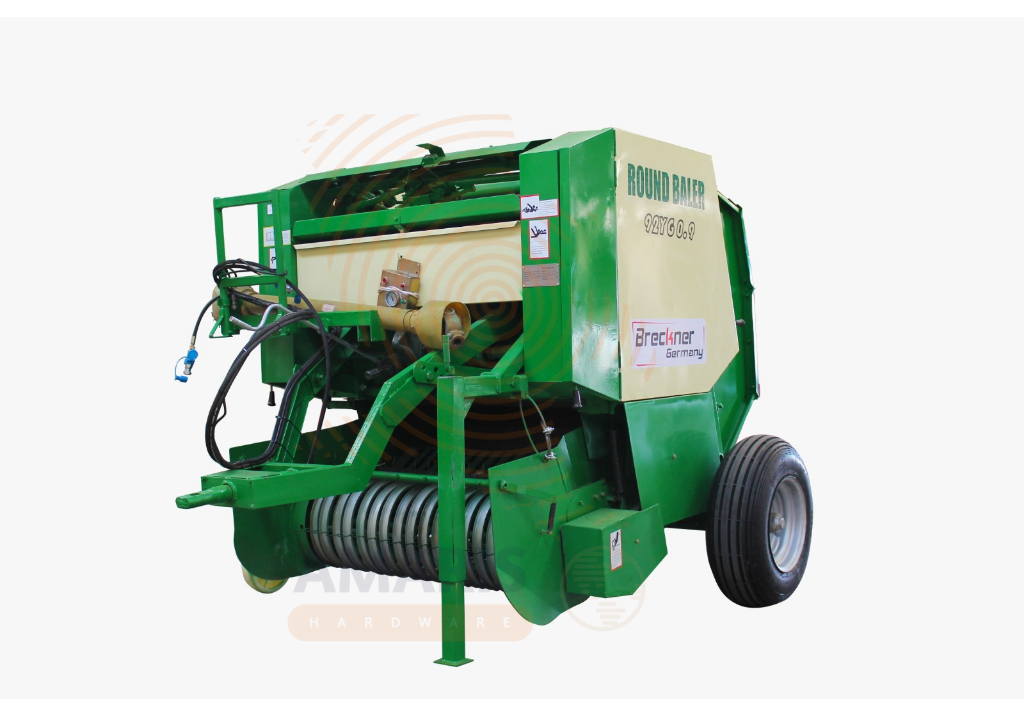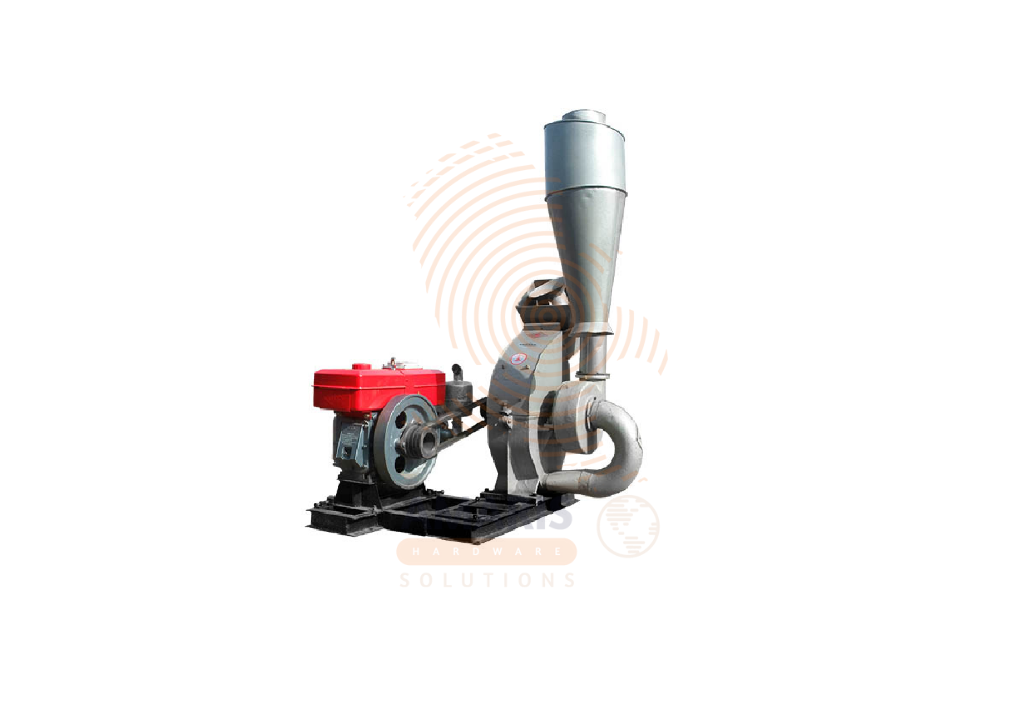“Sort It Out: The Rice Grader for Perfect Grains” 🍚🔧✨
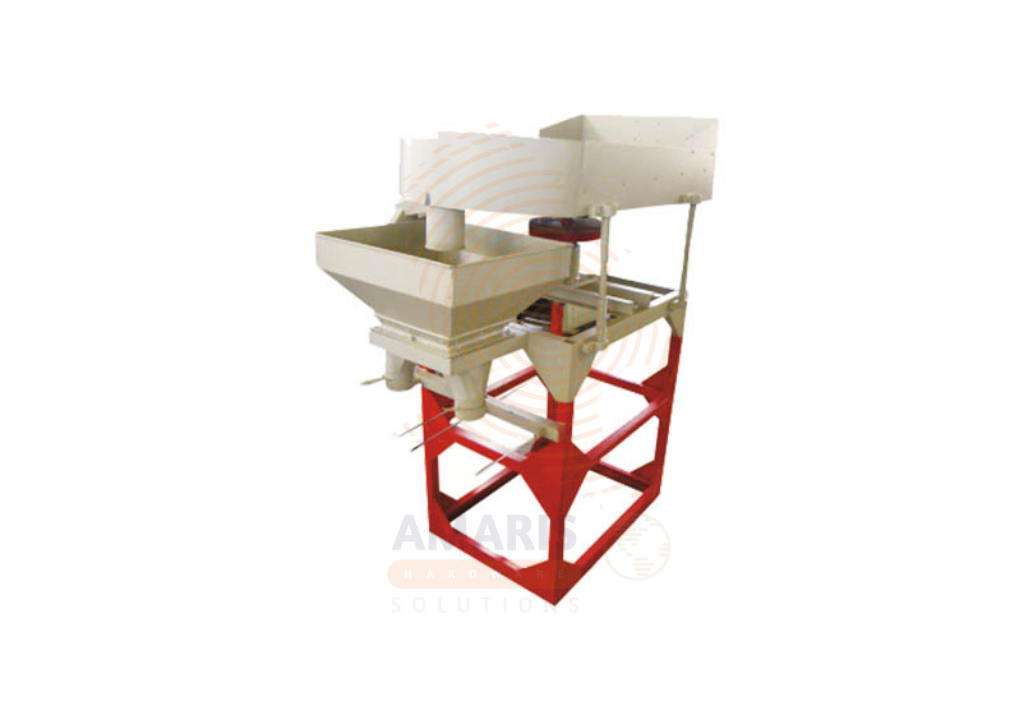
Whether you’re a small-scale farmer, a miller, or just someone passionate about high-quality rice, a Rice Grader is an indispensable tool in achieving uniform, polished, and market-ready grains. It’s a simple yet highly effective machine designed to separate broken or undersized grains from whole rice kernels, ensuring better quality, higher market value, and consistent cooking performance.
For anyone involved in rice production, a rice grader isn’t just a luxury—it’s a practical necessity that improves both efficiency and output.
What is a Rice Grader? 🛠️
A Rice Grader is a mechanical device that sorts rice based on size and quality. Using a combination of vibrating screens, sieves, and sometimes air flow, the machine separates whole grains from broken or defective pieces. Some models are manual, while others are powered by electricity or a small engine, depending on the scale of operations.
The result? A batch of rice that’s visually appealing, consistent in size, and ready for sale or packaging.
Key Uses of a Rice Grader 🔍
- Sorting Rice by Size – Ensures uniformity for packaging and cooking.
- Removing Broken Grains – Improves quality and market value.
- Cleaning Rice – Some graders remove dust and husk residues.
- Quality Control – Helps maintain consistency for commercial buyers.
- Preparing Rice for Processing – Smooths the workflow for milling or packaging.
Benefits of Using a Rice Grader ⚡
- High Efficiency – Sorts large quantities quickly compared to manual methods.
- Improved Quality – Only whole, premium grains are selected for sale.
- Time-Saving – Reduces labor and speeds up processing.
- Cost-Effective – Minimizes waste and increases the market value of rice.
- Versatile – Some models can handle multiple grains or other cereals.
How to Use a Rice Grader Effectively 💡
- Prepare the Rice – Ensure it is clean and dry before grading.
- Select the Appropriate Screen – Choose the sieve size based on the grain quality you want.
- Load the Machine – Pour rice steadily to avoid clogging.
- Operate Smoothly – Turn on the machine or start manual grading with consistent motion.
- Collect Sorted Rice – Gather whole grains separately from broken grains and residues.
Tips for Best Results 🧰
- Regular Cleaning – Prevents clogging and maintains grading accuracy.
- Check for Wear – Screens and sieves may wear out over time; replace when necessary.
- Avoid Overloading – Too much rice at once can reduce efficiency and damage the machine.
- Store Properly – Keep in a dry, dust-free area to extend lifespan.
- Routine Maintenance – Lubricate moving parts if applicable for smooth operation.
Rice Grader in Commercial and Home Use 🏭🏡
For commercial rice mills, graders are essential for producing high-quality, saleable rice consistently. Uniform rice grains not only improve consumer satisfaction but also reduce complaints and returns.
For small-scale farmers or home users, a compact rice grader can significantly reduce manual labor while improving household rice quality. It ensures that every grain is sorted correctly, which makes cooking easier and more enjoyable.
Why It’s Essential for Rice Quality 🌾
A rice grader isn’t just about speed—it’s about precision and consistency. Uniform grains cook evenly, look more appealing, and fetch higher prices in the market. For farmers and processors, it’s an investment that pays off in both quality and profitability.
At Amaris Hardware Solutions, we recognize the importance of efficient grain processing. A reliable rice grader can transform the way rice is handled, saving time, improving quality, and maximizing output.
✅ In summary: The rice grader is a practical, efficient, and indispensable tool for anyone serious about rice production. From small-scale farmers to commercial mills, it ensures that every grain meets quality standards, making your rice stand out in both appearance and taste.


 Acrylic Sealants
Acrylic Sealants Construction Adhesives
Construction Adhesives Double-Sided Tape
Double-Sided Tape Duct Tape
Duct Tape Electrical Tape
Electrical Tape Epoxy & Resins
Epoxy & Resins Masking Tape
Masking Tape
 Automotive Wrenches & Socket Sets
Automotive Wrenches & Socket Sets Battery Chargers & Jump Starters
Battery Chargers & Jump Starters Car Jacks & Stands
Car Jacks & Stands Car Wash & Detailing Products
Car Wash & Detailing Products Diagnostic Tools
Diagnostic Tools Tire Inflators
Tire Inflators Vehicle Lighting
Vehicle Lighting Oil & Lubricants
Oil & Lubricants
 Adhesives & Sealants
Adhesives & Sealants Bricks & Blocks
Bricks & Blocks Cement & Concrete
Cement & Concrete Drywall & Plaster
Drywall & Plaster Flooring (Tiles, Wood, Laminate)
Flooring (Tiles, Wood, Laminate) Lumber & Plywood
Lumber & Plywood Paints, Primers & Coatings
Paints, Primers & Coatings Insulation Materials
Insulation Materials Roofing Materials
Roofing Materials
 Circuit Breakers
Circuit Breakers Electrical Cables & Wires
Electrical Cables & Wires Switches & Sockets
Switches & Sockets Fuses & Relays
Fuses & Relays Connectors & Terminals
Connectors & Terminals Electrical Boxes & Panels
Electrical Boxes & Panels Conduit & Fittings
Conduit & Fittings Lighting Fixtures & Bulbs
Lighting Fixtures & Bulbs Extension Cords & Power Strips
Extension Cords & Power Strips
 Anchors
Anchors Bolts
Bolts Clips & Clamps
Clips & Clamps Screws
Screws Nuts
Nuts Washers
Washers Rivets
Rivets Nails
Nails Threaded Rods
Threaded Rods
 Hammers
Hammers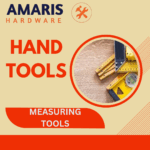 Measuring Tools (Tapes, Levels, Calipers)
Measuring Tools (Tapes, Levels, Calipers) Screwdrivers
Screwdrivers Pliers & Cutters
Pliers & Cutters Saws & Blades
Saws & Blades Chisels & Punches
Chisels & Punches Allen Keys & Hex Keys
Allen Keys & Hex Keys Ratchets & Socket Sets
Ratchets & Socket Sets Wrenches & Spanners
Wrenches & Spanners
 Power Tool Accessories (Blades, Bits, Discs)
Power Tool Accessories (Blades, Bits, Discs) Rotary Tools
Rotary Tools Saws (Circular, Jigsaw, Reciprocating)
Saws (Circular, Jigsaw, Reciprocating) Drills & Drivers
Drills & Drivers Grinders & Sanders
Grinders & Sanders Heat Guns
Heat Guns Nail Guns
Nail Guns Impact Wrenches
Impact Wrenches Batteries & Chargers
Batteries & Chargers
 Pipes & Fittings (PVC, Copper, PEX)
Pipes & Fittings (PVC, Copper, PEX) Plumbing Tools
Plumbing Tools Pumps & Motors
Pumps & Motors Sealants & Adhesives for Plumbing
Sealants & Adhesives for Plumbing Valves & Taps
Valves & Taps Water Heaters
Water Heaters Drainage Systems
Drainage Systems Faucets & Fixtures
Faucets & Fixtures Hoses & Tubing
Hoses & Tubing
 Hinges & Latches
Hinges & Latches Hooks & Brackets
Hooks & Brackets Window Hardware
Window Hardware Chains & Cables
Chains & Cables Casters & Wheels
Casters & Wheels Shelving & Storage Systems
Shelving & Storage Systems Door Handles & Locks
Door Handles & Locks Drawer Slides & Cabinet Hardware
Drawer Slides & Cabinet Hardware
 Personal Protective Equipment (PPE)
Personal Protective Equipment (PPE) Respirators & Masks
Respirators & Masks Safety Glasses
Safety Glasses Safes
Safes Security Cameras
Security Cameras Gloves
Gloves Helmets
Helmets Ear Protection
Ear Protection Fire Safety Equipment
Fire Safety Equipment Locks & Padlocks
Locks & Padlocks Motion Sensors & Alarms
Motion Sensors & Alarms
 Garden Fencing
Garden Fencing Garden Furniture Hardware
Garden Furniture Hardware Lawn Mowers
Lawn Mowers Trimmers & Edgers
Trimmers & Edgers Shovels & Spades
Shovels & Spades Rakes & Hoes
Rakes & Hoes Pruning Shears & Loppers
Pruning Shears & Loppers Watering Systems (Hoses, Sprinklers, Nozzles)
Watering Systems (Hoses, Sprinklers, Nozzles)
 Interior Paints
Interior Paints Paint Brushes & Rollers
Paint Brushes & Rollers Paint Strippers & Thinners
Paint Strippers & Thinners Paint Trays & Accessories
Paint Trays & Accessories Exterior Paints
Exterior Paints Spray Paints
Spray Paints Primers & Undercoats
Primers & Undercoats Varnishes & Stains
Varnishes & Stains
 Gaskets & Seals
Gaskets & Seals Hydraulic Fittings
Hydraulic Fittings Industrial Fasteners
Industrial Fasteners Industrial Hoses
Industrial Hoses Lubricants & Greases
Lubricants & Greases Metal Sheets & Bars
Metal Sheets & Bars Bearings & Bushings
Bearings & Bushings Belts & Pulleys
Belts & Pulleys
 HVAC Filters
HVAC Filters Insulation for HVAC
Insulation for HVAC Air Conditioners
Air Conditioners Refrigerants
Refrigerants Ventilation Ducts & Fittings
Ventilation Ducts & Fittings Thermostats & Controllers
Thermostats & Controllers Fans & Blowers
Fans & Blowers
 Pegboards & Hooks
Pegboards & Hooks Shelving Units
Shelving Units Storage Bins & Containers
Storage Bins & Containers Toolboxes & Tool Chests
Toolboxes & Tool Chests Workbenches
Workbenches Drawer Organizers
Drawer Organizers Labeling Supplies
Labeling Supplies
 Welding Accessories (Clamps, Brushes)
Welding Accessories (Clamps, Brushes) Welding Electrodes & Rods
Welding Electrodes & Rods Welding Helmets & Gloves
Welding Helmets & Gloves Welding Machines
Welding Machines Soldering Irons & Stations
Soldering Irons & Stations Flux & Solder Wire
Flux & Solder Wire
 Generator Accessories
Generator Accessories Inverters
Inverters Portable Generators
Portable Generators Power Inverters
Power Inverters Transfer Switches
Transfer Switches Diesel & Gasoline Generators
Diesel & Gasoline Generators
 Transport Equipment: Carts, Dollies, and Hand Trucks
Transport Equipment: Carts, Dollies, and Hand Trucks Storage Solutions: Pallets, Racks, and Containers
Storage Solutions: Pallets, Racks, and Containers Lifting Equipment: Hoists, Cranes, and Jacks
Lifting Equipment: Hoists, Cranes, and Jacks Conveyors and Accessories: Belts and Rollers
Conveyors and Accessories: Belts and Rollers